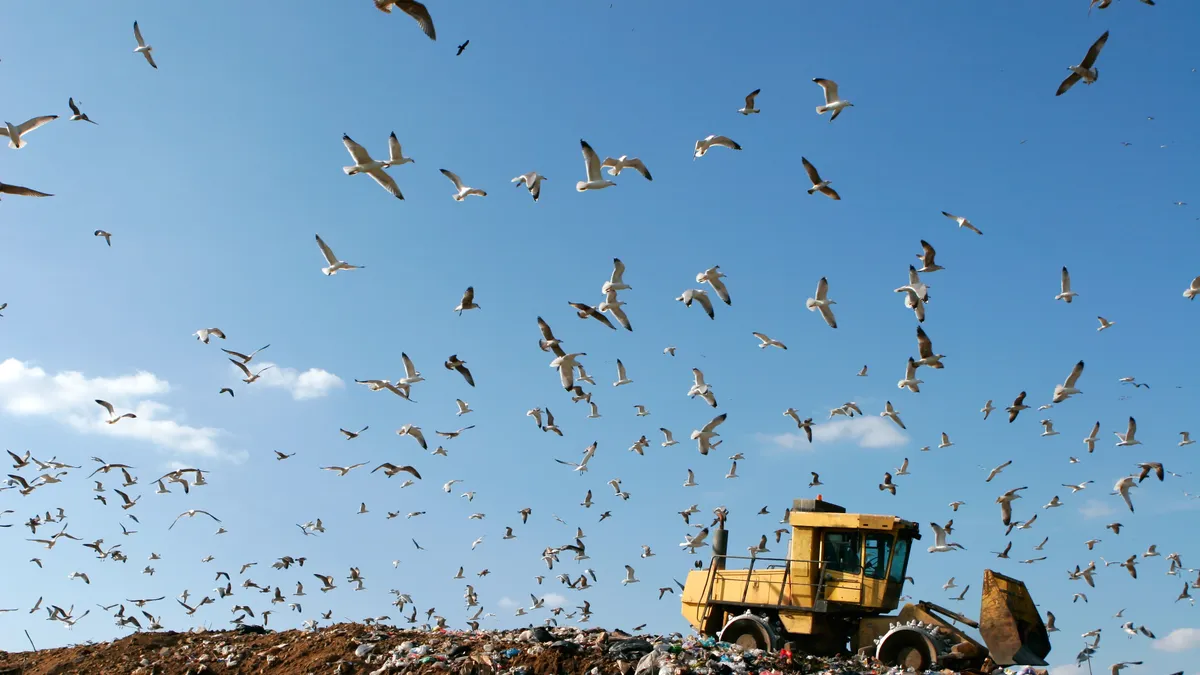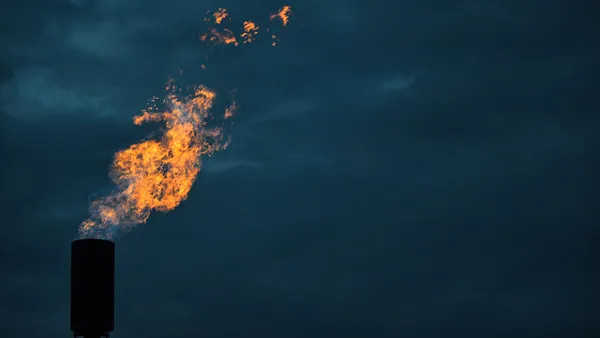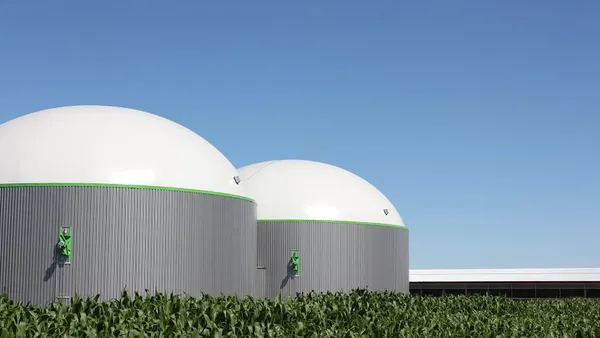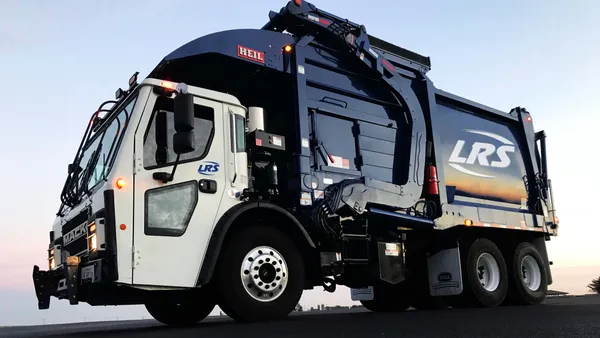UPDATE: On June 30, North Carolina Governor Roy Cooper vetoed House Bill 576, which would have allowed lined landfills to dispose of leachate through aerosolization, as reported by WRAL.com. While the process has been used in other states, Cooper was hesitant about the science behind the method.
"In this bill, the legislature exempts particular technologies that could potentially better ensure the health and safety of people and the environment," Cooper said in a statement. "Scientists, not the legislature, should decide whether a patented technology can safely dispose of contaminated liquids from landfills."
Though many environmentalists applauded Cooper's decision, WRAL reports the General Assembly will rejoin on Aug. 3 to address any veto overrides.
Dive Brief:
- A bill has been sent to North Carolina Governor Roy Cooper for approval that would allow lined landfills to spray leachate into the air rather than pay to have it treated, as reported by The News & Observer.
- Opponents of the plan raised environmental and health concerns, with the Southern Environmental Law Center equating the concept to "garbage juice in a snowblower." Supporters say that contaminants are too heavy to travel and will back into the landfill, while the remaining water will dissipate into the air.
- House Bill 576, which was developed in consultation with the state's Department of Environmental Quality (DEQ), passed both legislative chambers by decent margins. Two amendments that would have added further specifications didn't succeed. A spokesperson for Cooper told WRAL that the governor was reviewing the legislation "but has concerns."
Dive Insight:
This aerosolization process has been divisive among state lawmakers and regulators. Skeptics wanted to see more research, particularly around whether mold, asbestos and viruses could travel. Supporters of the concept point to DEQ's involvement and the fact that at least four sites have already received approval for the practice in North Carolina. Though organizations such as the N.C. Justice Center have made the case that this bill would limit the DEQ's authority on the issue by essentially requiring future approvals of leachate aerosolization in most cases, compared to the current case-by-case policy.
While the process has also been studied and employed in other states, its use is still not widely agreed upon. As seen with recent examples of excessive build-up at a landfill in Virginia and ongoing leaks at a Pennsylvania site, among others, leachate management is a complex issue for any operator.
Debate over this bill is one of multiple waste-related issues that have come up in North Carolina recently. Earlier this month, Duke Energy received DEQ approval for a new coal ash landfill and recently received pushback from insurance companies over liability for ash pond clean-up costs. Outside of this, there have also been attempts to defund the DEQ's Division of Environmental Assistance and Customer Service, which provides technical assistance to recycling programs.













